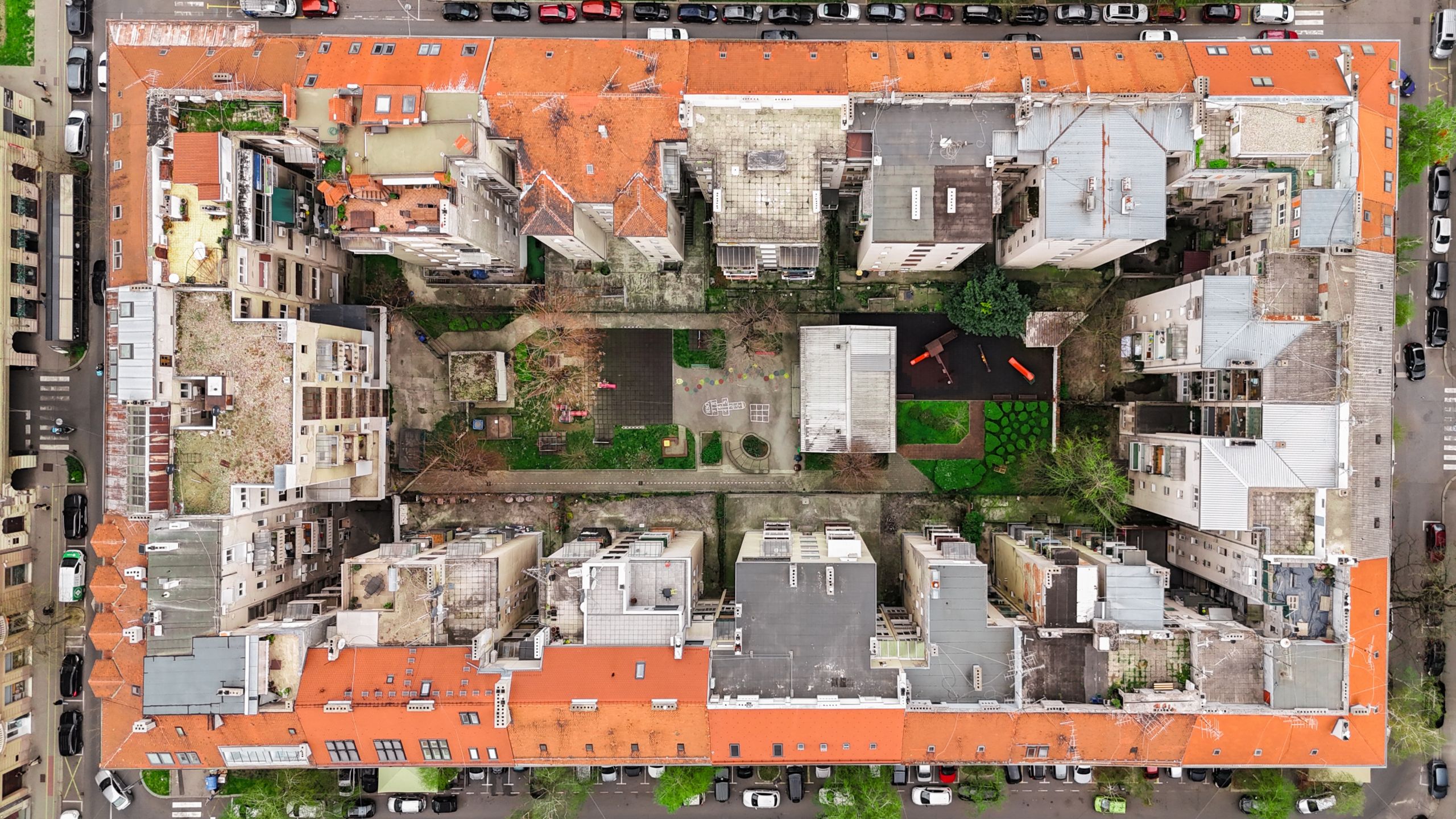Zagreb's Pilot City Activity: Activating Green Courtyards for Climate Neutrality (AGC-CN)

Background
Zagreb, recognised as the greenest capital in the EU by the European Environment Agency, is embarking on a groundbreaking initiative to enhance its green spaces and achieve climate neutrality. The project focuses on transforming private and semi-public outdoor spaces into carbon-free, green areas. The goals include expanding carbon sinks, addressing suburbanisation to reduce greenhouse gas emissions and fostering a local coalition for climate neutrality through citizen engagement.
The key component of the project is the Climate Neutral Greening Hub, which serves as a central hub for ecosystem and community activities, bringing together various stakeholders and seeks to promote entrepreneurship in landscaping.
However, the initiative faces barriers, including technical challenges related to infrastructure and coordination, structural issues in governance and systemic change, institutional hurdles in policies and data systems, socioeconomic barriers with a lack of private sector incentives, and cultural challenges involving skills deficits and unsupportive behavioural patterns. Overcoming these obstacles is crucial for the success of the systemic transformative project relying on social innovation.
Description of Activities
The key pilot activities in Zagreb involve implementing Nature-Based Solutions (NBS) in apartment and business courtyards, incorporating elements such as tree planting, green spaces, permeable surfaces, sun-reflecting surfaces, compost facilities, urban furniture, LED lighting and sustainable practices like rainwater repurposing.
The initiative also includes developing a scalable framework, enhancing local capacity for net-zero solutions through workshops and training, building collective and institutional capacities, forming a dedicated city administration team for climate neutrality, and reinforcing public participation platforms.
The goal is to create a transformative model that not only enhances the urban environment with sustainable features but also fosters community engagement and innovation for a net-zero, climate-neutral future.
The Climate-Neutral Greening Hub, established by the project, should continue to provide support to citizens and stakeholders in other activities that contribute to climate neutrality. This includes offering guidance and resources for implementing sustainable practices, facilitating collaborations between different parties, and promoting awareness on the importance of reducing carbon footprints. By continuing to serve as a central point for information and assistance, the hub will play a significant role in accelerating the transition towards a more environmentally friendly society.
Objective
The pilot activities in Zagreb aim to achieve systemic climate neutrality by transforming private and semi-public outdoor spaces, expanding carbon sinks, addressing urban sprawl, fostering a local coalition through citizen engagement, and overcoming technical, structural, institutional, socioeconomic, and cultural barriers to create a transformative, socially innovative model for sustainable urban development.
Are the pilot activities building upon or part of a previous and/or existing activity?
Zagreb’s comprehensive decarbonisation initiatives encompass energy retrofitting for public buildings, a residential and private structure deep retrofit programme and a reconstruction project for the historic centre integrating energy efficiency, renewables, and green infrastructure.
The city’s efforts to revitalise its district heating system are an important step towards sustainability and reducing carbon emissions by proactive approach to modernising its infrastructure. Pilot projects with solar PV modules on public buildings demonstrate the city’s commitment to renewable energy. By exploring geothermal energy and sustainable heating solutions the city aims to reduce its environmental impact. Waste management improvements promote a circular economy and responsible consumption, positioning the city as a leader in sustainability.
Through initiatives like the Greening of the City 2023-2025 aimed at planting 8000 trees during the 2023/2024 planting season (until spring 2024), Zagreb’s proactive sustainability measures include energy-efficient technologies, renewable energy promotion and effective waste management, setting an example for other cities and demonstrating leadership in creating a greener urban environment for future generations.
Which emissions domains will the pilot activities address?
Systemic transformation – levers of change the pilot activities will exploit
Stakeholder types that the city would like to engage in the pilot activities
Transferable features of the pilot activities to a Twin City/ies
Principles of Collaboration:
- Zagreb’s approach revolves around collaboration amongst stakeholders.
- Emphasises systems innovation and citizen engagement.
Foundation for Strategic Partnerships:
- Strategic partnerships are established to support sustainable planning.
- The Climate Neutral Greening Division is a novel governance tool.
- Demonstrated interest of the business community (stakeholders).
Citizen Engagement:
- Cultivation of a culture of participation amongst local stakeholders.
- Involvement in behaviour change initiatives and co-design/co-monitoring efforts.
Greening Efforts:
- Tree planting and climate-neutral landscaping interventions are prioritised.
- Promotion of composting in private and semi-private spaces.
Transformative Impact:
- These efforts contribute to carbon capture and foster community bonding.
- Symbolic and literal attitude shift from “not in my backyard” to “yes, in my backyard”.
Economic Revitalisation:
- Green initiatives offer potential for economic revitalization in European cities.
- The potential of creating green jobs in the design and application of NBS
This answer is not exhaustive and simply an indicative one.
Enabling conditions that will support the successful replication of your pilot activities in the Twin City
- To effectively green private and semi-private courtyards, it is essential to establish partnerships with citizens and develop new administration, governance and legal models. These models should promote and facilitate the greening of these spaces making it easier for residents and business owners to participate.
- One approach that has proven successful in encouraging behaviour change towards greening private courtyards is providing incentives and support to those who act. This could include financial incentives, such as subsidies or tax breaks, as well as technical assistance and guidance on how to implement green initiatives.
- Furthermore, community engagement and participation are key in fostering a culture of sustainability and environmental responsibility. By involving residents in the decision-making process and giving them a sense of ownership over their shared spaces, the more likely is that they will take pride in maintaining and enhancing the greenery in their courtyards.
- Replicating successful models of greening private and semi-private courtyards in different cities requires a tailored approach that considers the specific local context and characteristics of each community.
This answer is not exhaustive and simply an indicative one.
What does the city want to learn from Twin City/ies?
- How to achieve effective coordination, overcome structural issues in governance and achieve systemic change.
- How to implement innovative and green public procurement.
- How to establish successful public-private partnerships for such projects.
- How to research and develop strategies to enhance resilience against the impacts of climate change.
- How to develop effective models of engaging citizens in climate activities.
This answer is not exhaustive and simply an indicative one.

